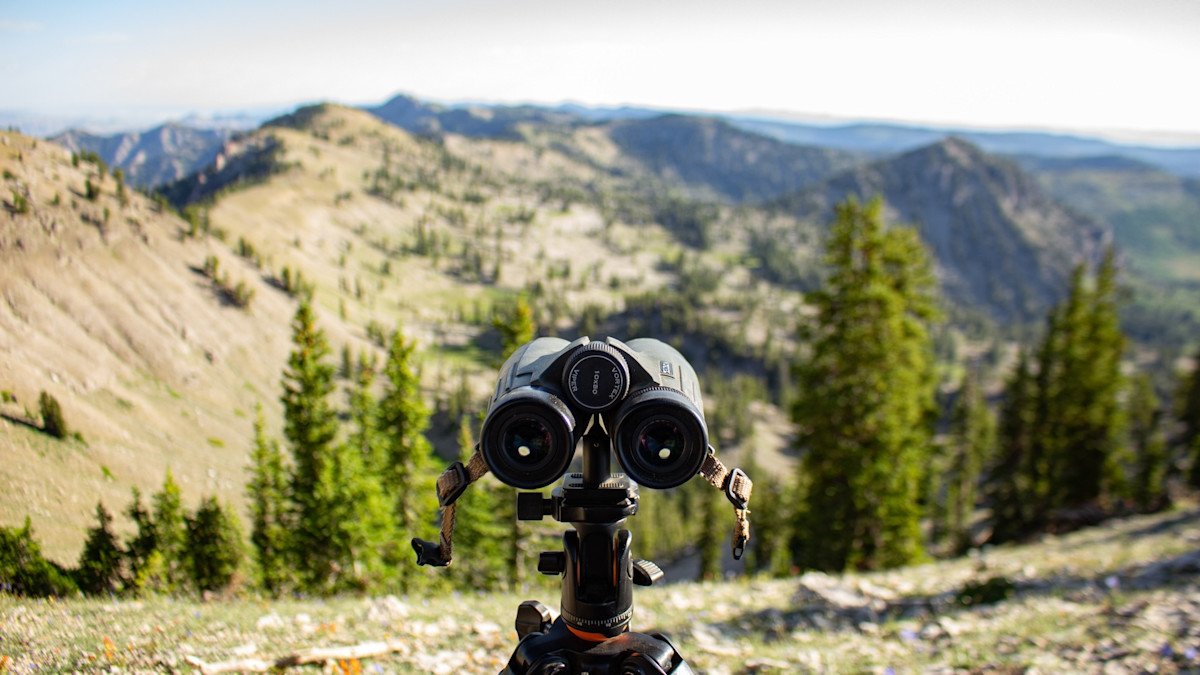Utah Files Lawsuit Claiming Some Federal Ownership of Land is Unconstitutional

On August 20th, the state of Utah sought to file a case with the United States Supreme Court that could dramatically alter the landscape of public lands in the country—especially the West.
Utah is asking the court to decide if it’s constitutional for the federal government to retain indefinite ownership of what the state’s calling “unappropriated” lands—loosely defined as acreage that the federal government isn’t reserving for “any specific purpose (such as a National Park or National Conservation Area) nor is using it to execute any of its constitutionally enumerated powers.” Notably absent from Utah’s definition are National Monuments, including Bears Ears and Grand Staircase-Escalante. However, the term “unappropriated” is still shrouded with vagueness, per the state’s court documents.
While Utah is asking the court to weigh in about the 18.5 million acres of Bureau of Land Management (BLM) land in the state, a ruling from the highest federal court could be applicable to all federally “unappropriated” land in the United States—setting high stakes for the legal fight that may ensue.
Federal management, the state says, is depriving Utah of its “basic and fundamental sovereign powers” over a third of its territory (the state is 54 million acres total), including the ability to earn taxable income off the land, or exercise eminent domain over it for road or power-infrastructure development.
Importantly—and contrary to Utah’s multi-million-dollar media campaign (“Stand for our Land”)—the state is not necessarily seeking to take ownership of all that land. Instead, they’re seeking a Supreme Court ruling that would force the United States to dispose of it, which could mean selling it off to the highest bidders. Some of it might end up under state ownership, but per the logic of Utah’s legal argument, it might not make sense for the state to take ownership over all of it.
“Utah’s campaign is focused on how the state could be better stewards of the land and better manage it,” Associate Vice President of the National Wildlife Federation, David Willms, said. “But if you step back from that and think, okay, how does that work—if the state owned that land—they’re not going to tax themselves from a property tax standpoint, and they’re not going to exercise eminent domain over themselves. They could derive revenue from extractive commodities like oil and gas, but they’d have to create a new program to do so, which may not result in more revenue than what they currently receive. What they’re actually asking is for the Supreme Court to declare the perpetual ownership of these lands unconstitutional, and require that the federal government dispose of them, which could mean transferring them to the state, or selling them to the highest bidder.”
Per the BLM’s Federal Land Policy and Management Act of 1976, disposals occur, for the most part, under competitive bidding (i.e., auction), with preference sometimes given to the state the land is located in, or local governments. Realistically, though, most of the land would likely be privatized if it were to go to auction.
Even if some of the BLM lands were to be turned over to state ownership, it’s doubtful that would be advantageous for sportsmen.
“For the general public, tell me what the benefits would be,” MeatEater’s Director of Conservation Ryan Callaghan said. “I’d have to take a tour of Utah and be pretty frickin’ blown away by their state lands to think, 'oh—this is what it could be.' We know, though, when we get outside and do things, that there’s unbelievable adventure, opportunity, and landscapes to be found on federally managed land.”
Regardless of who the land would go to, Utah’s request to the Supreme Court is clear: “Order the United States to begin the process of disposing of its unappropriated federal lands [18.5 million acres] within Utah.”
Aside from understanding the basic tenets of what Utah is seeking, however, their “unappropriated” land argument remains somewhat vague and very dubious.
“Why would the ability to own lands be unconstitutional as to the BLM, but not as to our national parks, monuments, forests, and everything else?” asks Willms. “Utah claims that there was a federal purpose for those designations, but somehow not for BLM land. But where’s the legal basis for that? They don’t actually provide any legal rationale for why those are okay for the federal government to own, but not these BLM lands.”
Until recently, BLM land has been managed by the Department of Interior primarily for the purpose of resource extraction in the same way that national forests were initially set aside to preserve the country’s timber resources (the BLM director’s main meeting room in D.C, says Callaghan, is full of drill bits and core samples). But resource extraction aside, Utah’s brief makes no mention of the BLM’s new Public Lands Rule, which elevates conservation to the same importance as other uses in the hierarchy of BLM management and decision making. That’s all to say, “unappropriated land” is ambiguous at best, and will eventually need to be clarified—likely in court.
In terms of the next steps for Utah’s case, the Supreme Court is currently deciding whether to take it up. Should they allow Utah to file a lawsuit, the Supreme Court will hear the case. Conversely, should they decline to, Utah would have to file with a federal district court, with the case potentially working up the Supreme Court eventually. Regardless, this isn’t a case that’s likely to disappear any time soon—and the outcome could have huge consequences for public land across the country.





